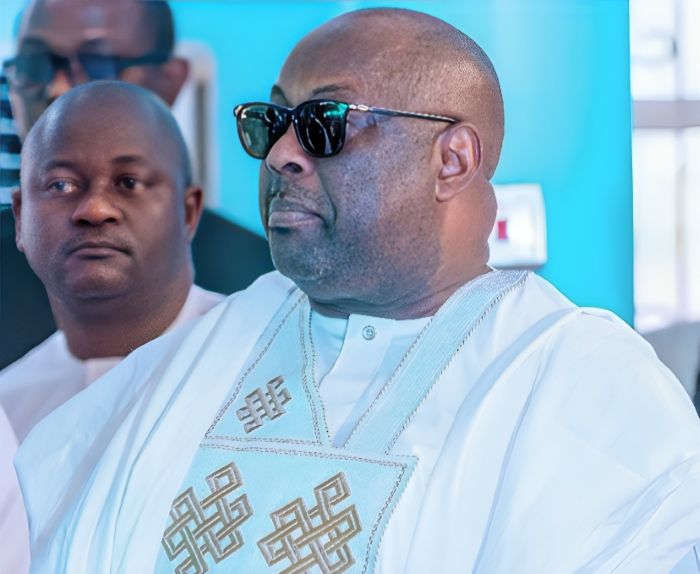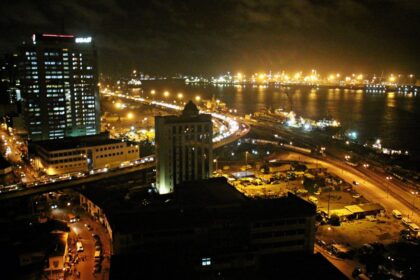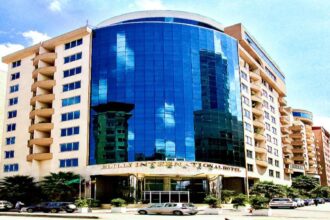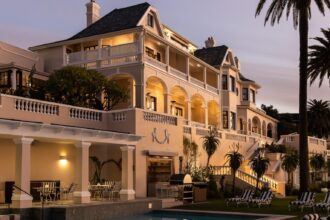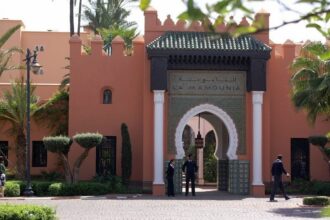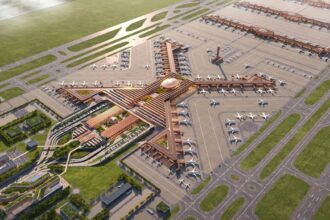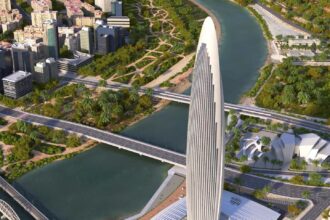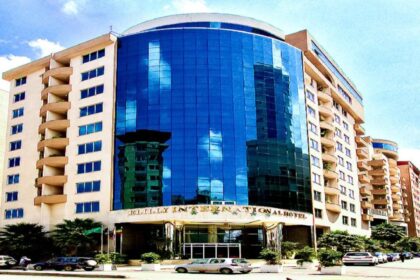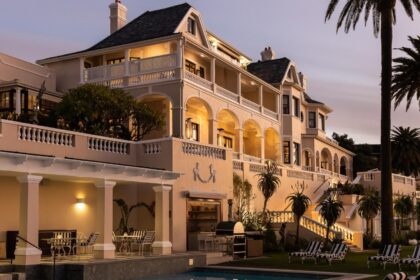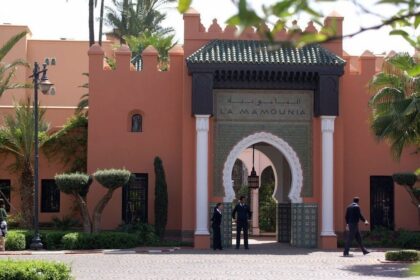At a Glance
- Dele Momodu quits PDP over internal crisis, joins ADC for renewed political reform.
- Atiku and Peter Obi unite under ADC, forming bold opposition against APC dominance.
- ADC faces internal power struggle as 2027 presidential flagbearer talks stir tensions.
By all accounts, Aare Dele Momodu is no stranger to bold exits—or bold entries. The Nigerian media mogul, publisher, and political commentator has once again placed himself at the center of national discourse. This time, not with ink or headlines, but with a pen stroke that ends one political chapter and ushers in another.
In a letter marked by directness and finality, the Ovation International founder formally resigned from the People’s Democratic Party (PDP), citing the hijacking of the party by “antidemocratic forces.” It was not just a departure—it was a declaration.
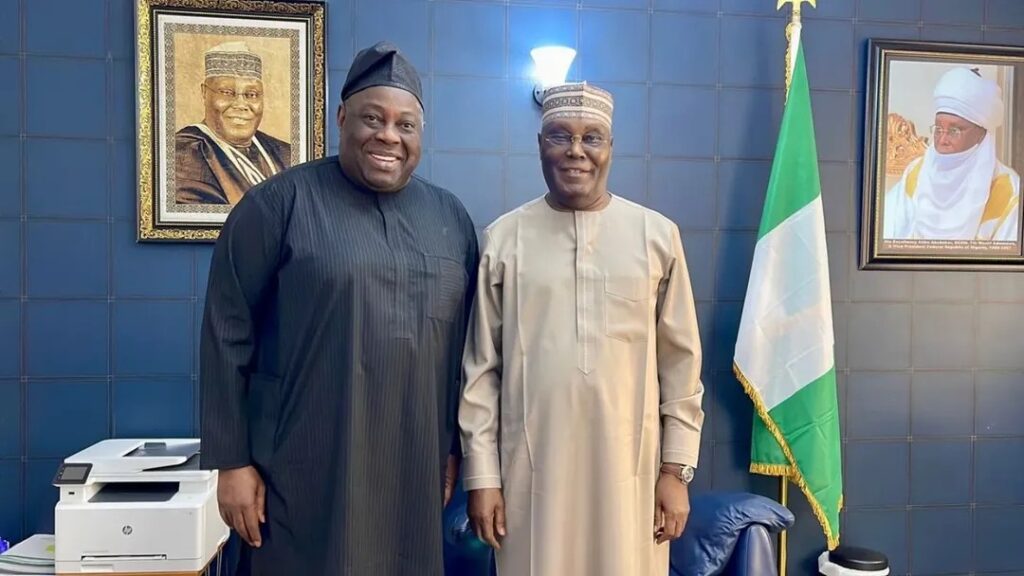
A clean break from what he described as the “carcass” of a once-formidable platform, and a swift embrace of a new political frontier: the African Democratic Congress (ADC).
Momodu joins historic political realignment
The move comes amid a political landslide in Nigeria’s opposition ranks. Just days earlier, Shore Africa gathered that the former Vice President Atiku Abubakar submitted his own resignation from the PDP, citing irreconcilable differences and deviation from the party’s founding ideals.
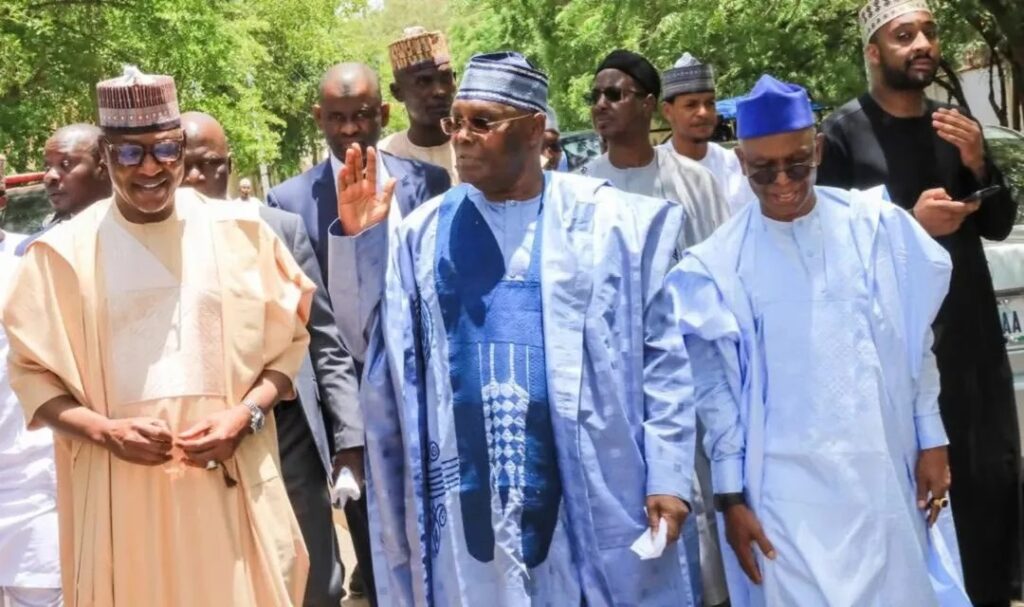
Together with Peter Obi, the 2023 Labour Party presidential candidate, Atiku has now aligned with the ADC in what observers call the boldest opposition realignment since the 2015 APC coalition that unseated an incumbent.
Momodu’s alignment with the ADC is more than a partisan decision—it reflects a calculated shift toward what he describes as a revitalized political mission: one centered on reform, inclusion, and rescuing Nigeria’s multiparty democracy from collapse.
A return to activist politics—on his own terms
For the media veteran who once ran for president under the National Conscience Party (NCP), this isn’t his first political rodeo. But this moment feels different. Unlike previous bids shaped by protest candidacy or advocacy politics, this realignment comes at a time when Nigeria’s political center is wobbling—and seasoned voices are returning to the frontline to restore equilibrium.

“Majority of us are signing up with the African Democratic Congress,” Momodu wrote in his resignation letter, dispatched from his home ward in Ihievbe, Edo State. “It is therefore honorable to abandon the carcass of the party to them.”
Coalition gains momentum, but faces turbulence
The ADC’s recent reinvention as a coalition hub has triggered a rapid transfer of power from its former executives to high-profile entrants from PDP, Labour Party, SDP, and disaffected ex-APC figures. But while the merger of political heavyweights like Atiku and Obi has injected credibility and visibility into the ADC, early signs of friction are emerging.
Former ministers like Rotimi Amaechi have declared 2027 ambitions. Loyalists are already split over who between Atiku and Obi should fly the ADC presidential flag. And in the background, PDP powerbroker Nyesom Wike is actively undermining the coalition, insisting that only PDP has the national reach to challenge APC dominance.
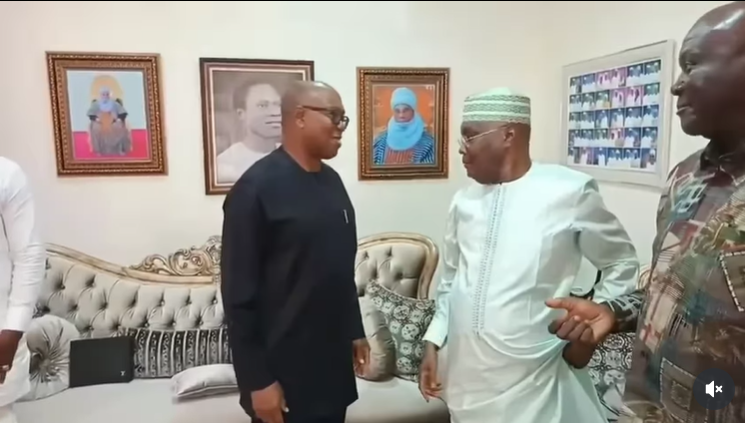
Still, for Dele Momodu—whose career has long bridged the worlds of influence and insurgency—the ADC represents more than party colors. It symbolizes a reawakening. A platform for visionaries, not just career politicians. A chance to reset the country’s broken political contract with its people.
From Ovation to opposition, Momodu’s vision endures
Whether through journalism, philanthropy, or politics, Dele Momodu has built a career around elevating narratives and defying the ordinary. His media empire celebrated African excellence long before it was fashionable.
His leadership center in Ibadan now trains a new generation of changemakers. His latest political move is simply another chapter in an ongoing legacy: one defined not by comfort, but by conviction.
As Nigeria races toward the 2027 elections, and as new alliances shape its political future, Dele Momodu has once again taken his place—not on the sidelines, but in the ring. Not merely observing history, but making it.

